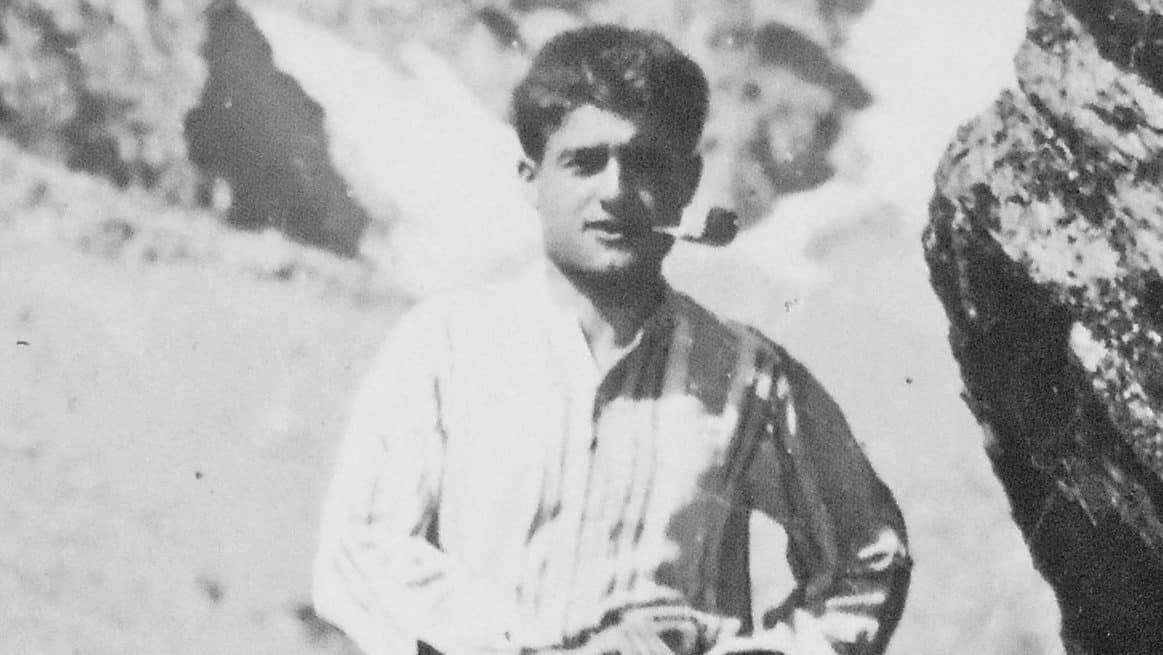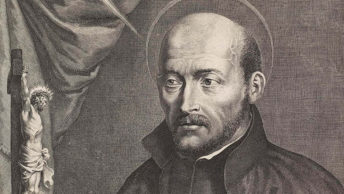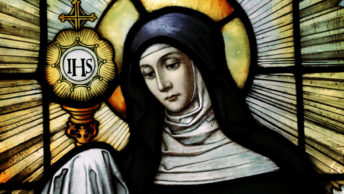He was handsome, fun loving, courageous and engaging, an athlete and an outdoorsman. A popular picture of him as a young adult reveals the strong young man wearing mountain climbing gear, leaning on a long ice axe, with one foot resting sturdily on a rock. He wrote to a friend: With every passing day I fall madly in love with the mountains, their fascination attracts me.
Born into a prominent Italian family, he distinguished himself as a member of the Alpine Club and conquered several of Italys highest peaks. He relished the challenge of testing his physical limits, but always had time to help his fellow hikers. He slowed down to walk with them on their mountain hikes and helped to carry their supplies. A month before his death, he climbed a high peak with friends. He later wrote at the bottom of a photo of that ascent: Toward the top.
This short phrase symbolized his way of life. Pier Giorgio Frassati always sought out challenges that carried him beyond himself to become the best he could be. He incorporated prayer and meditation into his daily life and mountain treks. He lived out his Catholic faith with fervent devotion and became a member of the Lay Dominicans. He spoke out on political issues, rejoiced in his love for music and art, and cared for the sick and the poor. On July 4, 1925, Pier Giorgio Frassati died from polio at age twenty four.
Today, young adult Catholics around the world perpetuate Pier’s beautiful spirit of service by sponsoring hikes, service projects and prayer gatherings in his honor. Saint John Paul II beatified him on May 20, 1990. Pier Giorgio demonstrates that a true Catholic Christian spiritual journey is a noble adventure. His legacy beckons all people of God and pilgrims of faith, to climb the rugged mountain of holiness. What does this mean? Mysterious and obscure in the modern world, holiness begins with perceiving the whole reality of life within the reality of Gods love for us. It is not a topic for mere theological speculation, but rather a conviction to be lived. We live it through our individual uniqueness and our Catholic response to the various circumstances in our lives.
###
Additional reflections may be found at the author’s blog, Contemplative Christianity








